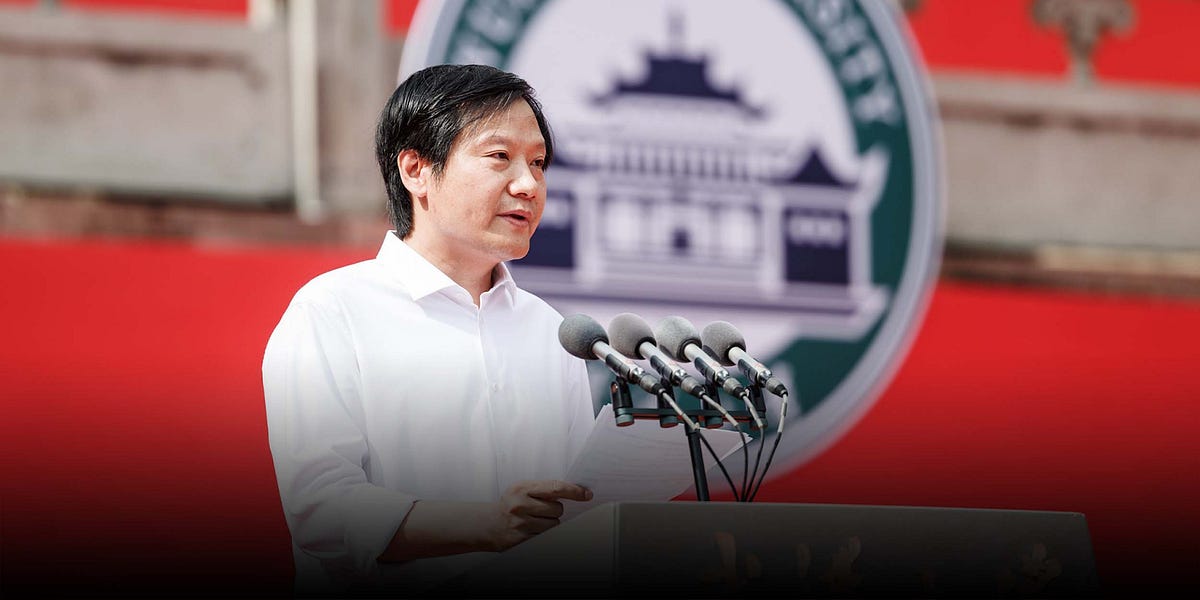AI Sector Growth in India and Kao Data's AI Cloud Region

Ori, an AI-native cloud provider, has selected Kao Data's NVIDIA DGX-Ready data centre campus in Harlow, UK, for its inaugural UK-based, end-to-end AI infrastructure deployment. This move marks a significant step in Ori's European expansion and solidifies Kao Data's position as a leading provider of high-density colocation solutions for AI. The collaboration will allow Ori to deliver secure, scalable, and sustainable AI-optimized cloud infrastructure with a flexible software layer tailored for AI training and inference workloads.
Ori's deployment includes NVIDIA's latest H200 GPUs, making it the first AI cloud provider to host these advanced GPUs in the UK. Furthermore, Ori plans to introduce NVIDIA's GB200 architecture for both local and global customers starting in April 2025.
Mahdi Yahya, Founder & CEO of Ori, stated that Kao Data's Harlow campus provides the ideal combination of high-density data centre infrastructure, renewable energy, and proximity to the AI and tech ecosystems of London and Cambridge. He emphasized the importance of finding a specialist data centre operator that understands AI and can support the scalability, performance, and sustainability requirements of their GPU-powered cloud, given the surging demand for AI.
Spencer Lamb, Chief Commercial Officer (CCO) at Kao Data, highlighted that Ori's decision reinforces Kao Data's reputation as a key destination for AI and high-performance computing (HPC) deployments in the UK. He also underscored the need for continued investment in and support for AI architectures in the UK, emphasizing the country's potential to lead in the AI race by attracting and collaborating with innovative, world-class startups.
The deployment includes a substantial cluster of NVIDIA's H200 Tensor Core GPUs, known for their performance and memory capabilities, making them suitable for generative AI and large language models (LLMs). This initiative aligns with the UK Government's efforts to increase AI adoption to boost economic growth, create jobs, and improve society.
Ori's deployment at Kao Data supports the development of 'AI Growth Zones' (AIGZs) across the country, reinforcing Harlow and the Cambridge-London "UK Innovation Corridor" as a prime location for future AI investment.
In related news, a recent study by Bain & Company indicates that India's AI sector is poised for significant growth, with job openings expected to exceed 2.3 million by 2027. However, the available talent pool is projected to reach only 1.2 million, highlighting a substantial opportunity for reskilling and upskilling existing professionals.
The Bain & Company study also reveals that companies are facing a growing shortage of skilled professionals as they accelerate the implementation of AI solutions. Approximately 44% of executives report that a lack of in-house AI expertise is hindering their businesses' ability to adopt AI technology. Since 2019, demand for AI-related skills has increased by 21% annually, while compensation for AI professionals has risen by 11% each year. This disparity has created a widening talent gap that is impeding AI progress for many companies.
Sarah Elk, Americas head of AI, Insights, and Solutions at Bain & Company, emphasized that businesses will struggle to move from ambition to implementation without the right talent. The research indicates that this talent shortage is expected to persist until at least 2027, affecting global markets differently. For example, the United States is projected to need up to 1.3 million AI jobs by 2027 but will have only 645,000 qualified professionals available. Similarly, Germany could face a shortage of 70% of its AI workforce by 2027, with the UK and Australia also experiencing significant talent shortfalls.
Saikat Banerjee, Partner and leader of Bain & Company's AI, Insights, and Solutions practice in India, noted that India has a unique opportunity to establish itself as a global AI talent hub. He pointed out that by 2027, job openings in AI are expected to be 1.5 to 2 times the available talent. The challenge lies in reskilling and upskilling a significant portion of the existing talent base on emerging technology tools and skillsets.











